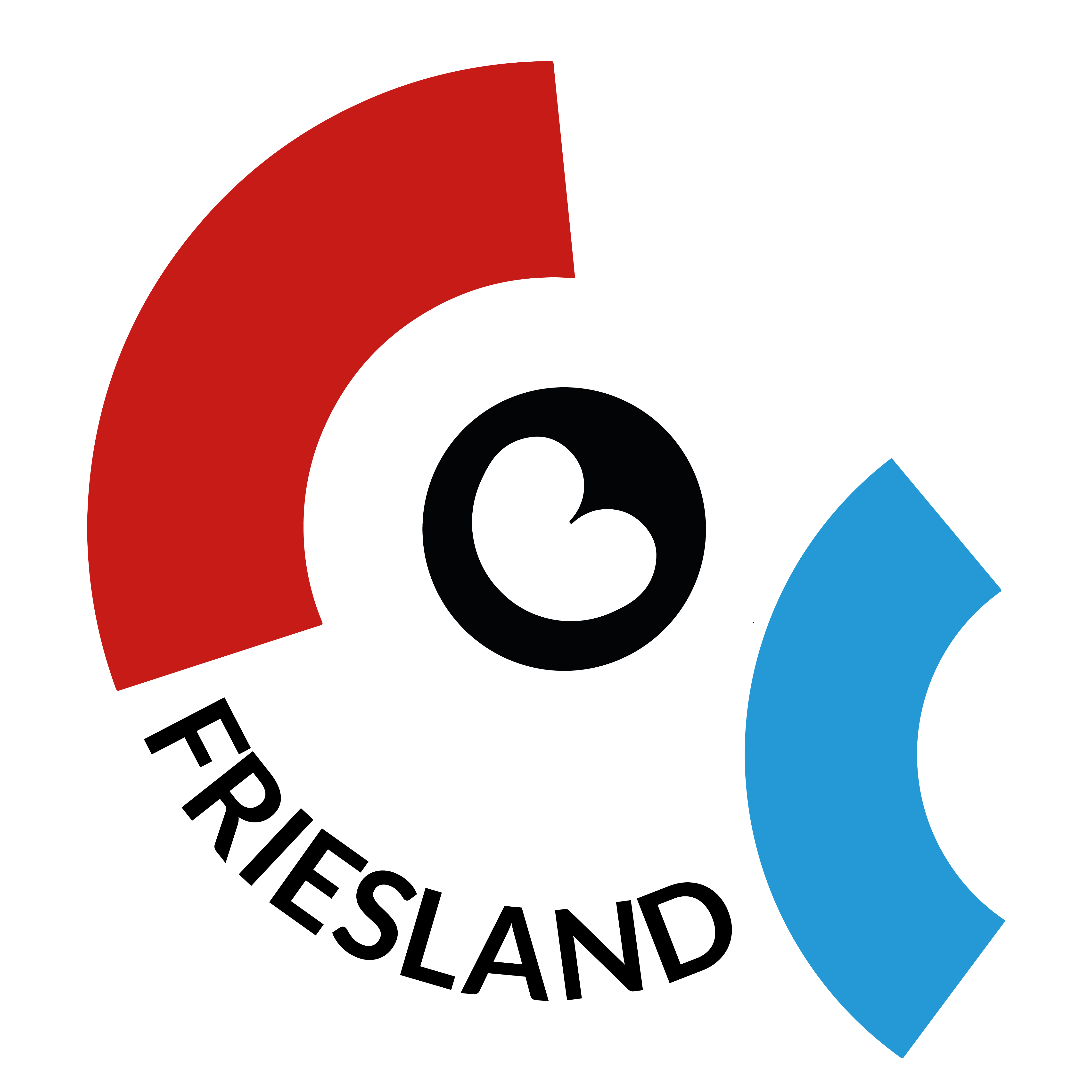“I didn’t believe that having periods would be a part of my lived experience,” Jones told NBC News. “I felt isolated; everything about periods was tailored to girls, yet me, a boy, was experiencing this and nothing in the world documented that.”
He currently experiences a wide range of challenges with his monthly bleeding, especially when it comes to getting his hands on menstrual hygiene products.
“Having a period already causes me a lot of [gender] dysphoria, but this dysphoria becomes heightened when I have to shop for a product that is labeled as ‘women’s health’ and in most cases, is pretty and pink,” Jones explained.
Some transgender and gender-nonconforming people who menstruate, like Jones, say when the products are categorized as women’s products, they can feel alienated — and may even avoid purchasing them altogether.
“I’ve definitely seen a positive shift with the discussion around women experiencing periods, but the stigma towards trans men, nonbinary and intersex individuals having them is still alive and well,” said Jones, who gained attention in 2018 when he was the face of a U.K.-based menstruation company’s ad campaign. “People are still reluctant to the idea that it’s not only women that experience periods.”
Jennifer Weiss-Wolf, founder of Period Equity, which advocates for affordable and accessible menstruation products, said, “Anyone who menstruates needs to be part of the discussion and decision-making about their own health and well-being.”
Download the NBC News app for breaking news and politics
The hurdles some trans men and gender-nonconforming people who menstruate say they face include the high cost of period supplies, lack of access to the products, safety concerns and inadequate medical care. Some of these challenges were recently brought to light when a story about menstruation product maker Always removing the female sign from its sanitary products went viral in October.
Economic vulnerability
A box of 36 tampons, which could easily be used within one menstruation period, could cost as much as $12 — that’s significantly more than the federal minimum wage of $7.25 per hour. Additionally, menstrual hygiene products sold in the U.S. are still subject to sales tax in 32 states.
A survey published last year in the journal Obstetrics and Gynecology found that nearly 64 percent of low-income women in St. Louis, Missouri, could not afford menstrual products — and nearly half of the women who participated in the survey were unable to afford both food and period products.
The cost and taxation of menstruation products could hit transgender people even harder, according to Rodrigo Heng-Lehtinen, deputy executive director of the National Center for Transgender Equality.
Trans individuals, according to Heng-Lehtinen, “are experiencing poverty, unemployment and underemployment at higher rates, so there is absolutely economic vulnerability here.”
His organization’s 2015 U.S. Transgender Survey found trans individuals are more than twice as likely to live in poverty and three times as likely to be unemployed as the general population.
Lack of access
Not only are transgender individuals impacted by the cost of menstrual products, but they also may not have access to them when they are free. While they are sometimes available without cost in women’s restrooms, Gabriel Arkles, senior staff attorney at the ACLU’s LGBT & HIV Project, said that those who menstruate who feel more comfortable using male restrooms will almost never have access to free tampons and pads.
Some schools like New York University have taken steps to distribute free menstrual hygiene products across campus, specifically in women’s and gender-neutral restrooms and offices. While advocates applaud those prioritizing menstrual inclusivity, they argue these products should be in all restrooms.
“This is a health care product, so it should be widely available. I think everyone in society is better off if they are more available for cheaper prices or for free in more places,” Heng-Lehtinen said.
Homeless transgender men face similar barriers when accessing tampons and pads at shelters. Women’s shelters, if they can, will offer the products, while men’s shelters will likely have little to no options for those who menstruate, according to Arkles.
Safety concerns
Even if cost is a nonissue, using a men’s restroom can be daunting for those who have their period. The sound of opening a tampon or pad, or simply carrying one, can lead to unwanted attention.
“You might have this monthly terror where you’re concerned that if you go to the restroom, and someone sees a tampon, then they’re going to start asking questions,” Heng-Lehtinen said.”
Source: https://www.nbcnews.com/feature/nbc-out/transgender-men-pain-menstruation-more-just-physical-n1113961?fbclid=IwAR3JD-ahVTe2ZFTzohN7q44o5Kbb3uvVCAH0s6B0Ly89oY9X0lbBRZGnbeM
